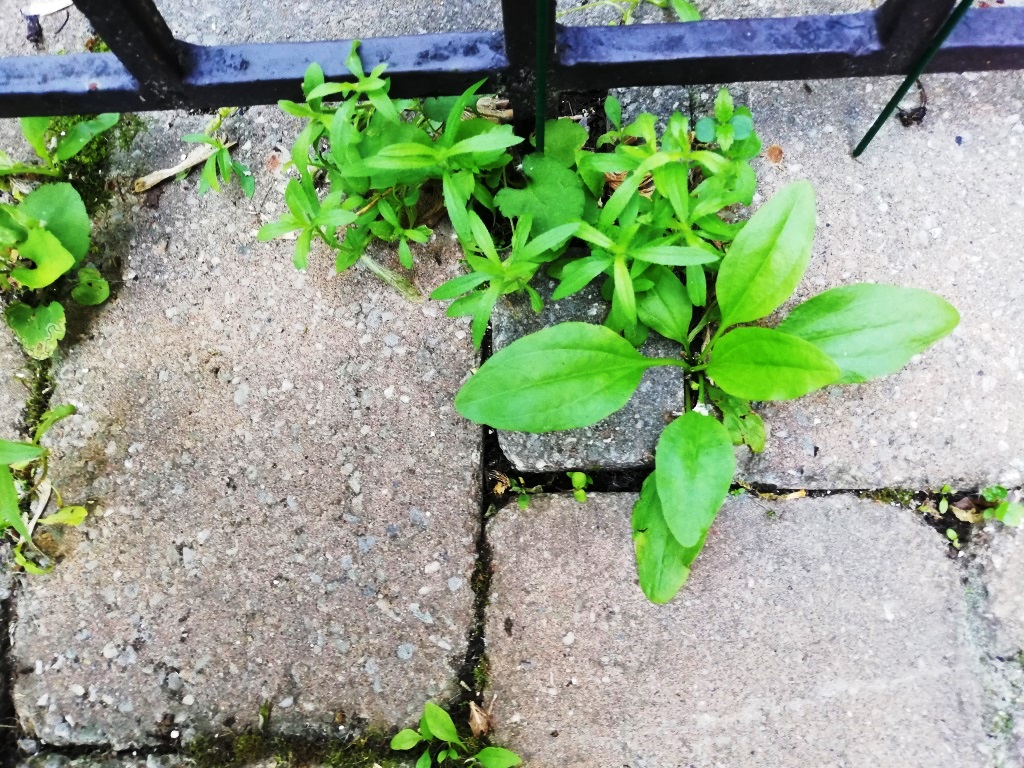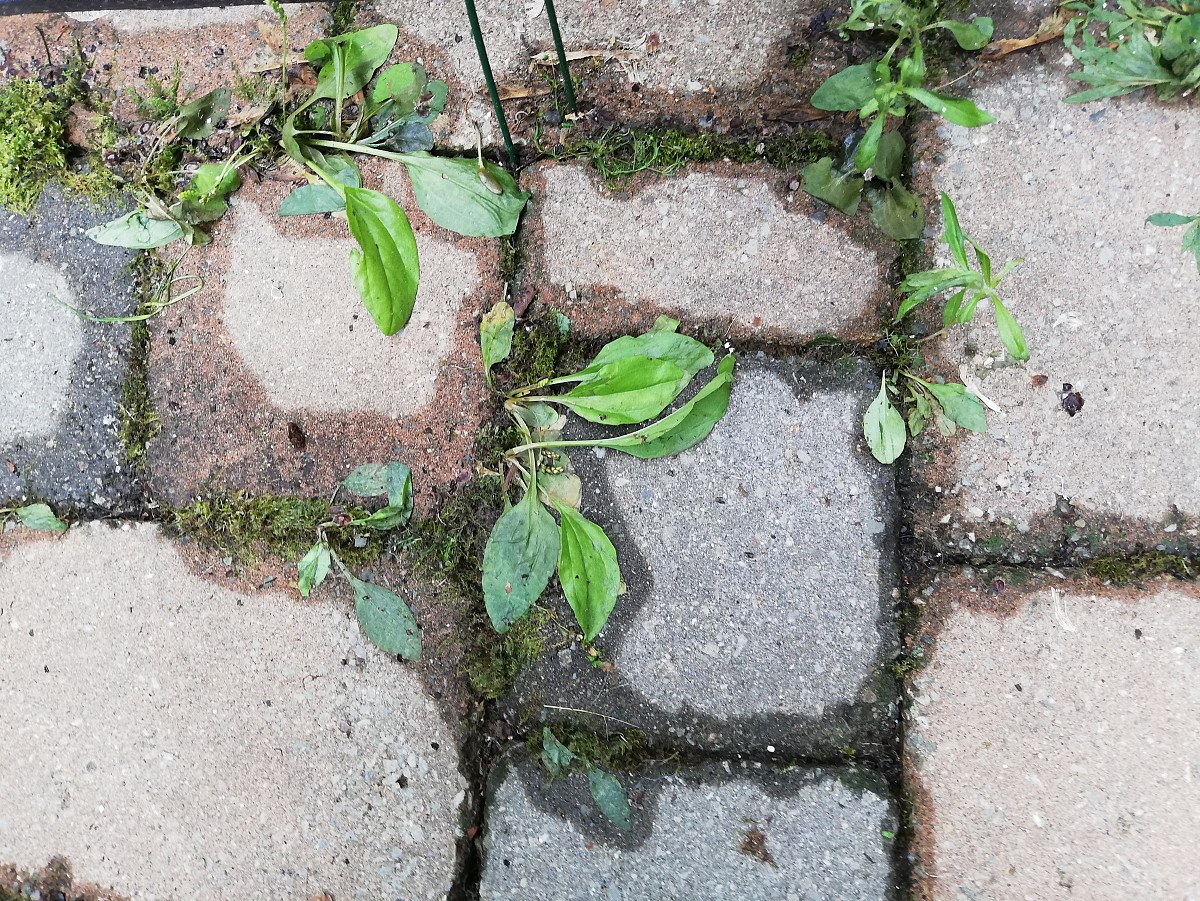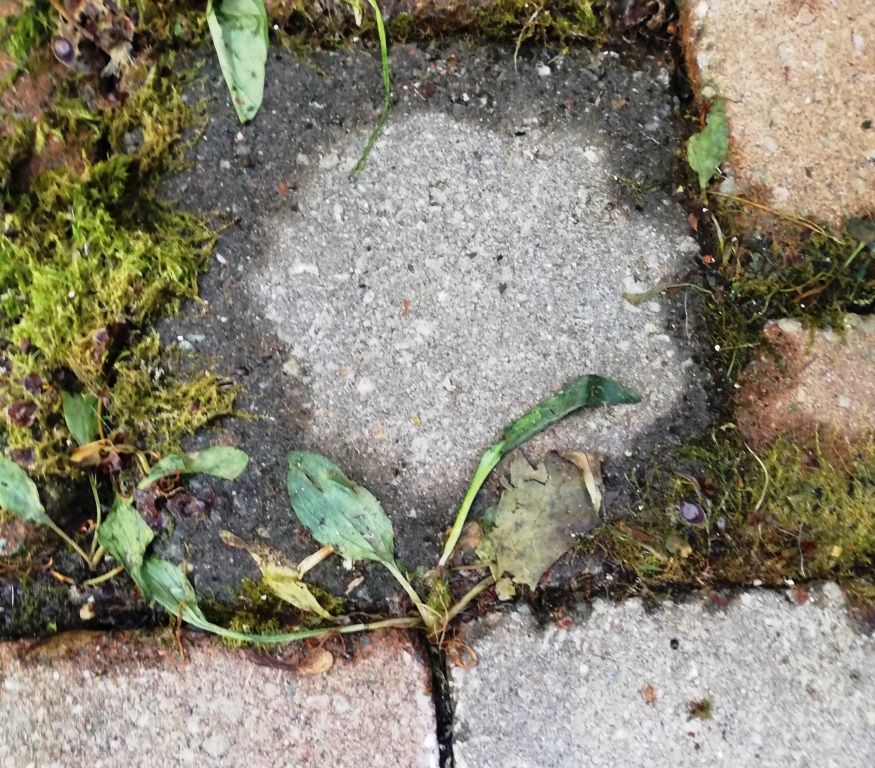Get Rid Of Weeds Between Pavers This Easy, Green Way
What’s growing between your pavers: weeds, moss, even tiny trees? If you answer “all of the above,” you’re in the same boat as I was until recently. Seemed like my patio was more vegetation than bricks and I wanted to fix it … fast.

Find Top-Rated Landscaping Pros
Impatient though I was, I took time to research weed removal methods and choose the best. Read how I got rid of all the weeds between my pavers, the easy, green way.
Methods I rejected
As a home and garden writer, I’m amazed at the plethora of online tips and tricks to solve problems from eliminating weeds between pavers to using up a bumper crop of cucumbers. While some come from reliable sources, I’m pretty sure many recommendations – whether dangerous, ineffective, or wildly expensive in proportion to the problem they promise to solve -- have never actually been tested by the folks who promote them.
So I turned the tables and rather than recommend methods of getting rid of weeds between pavers without trying them, I rejected certain methods without trying them. You’ll see my logic in a minute.
- Salt. Applying salt to weeds between pavers sounds green and simple. However, heavy rainfalls have a way of spreading this substance from paved areas to the surrounding soil. And Gardening 101 says salt kills all vegetation, not just the kind you don’t want.
- Baking soda. For many bloggers, baking soda is a magic cure-all. Why do they suggest using this product to kill weeds? Why, because of its sodium (salt) content, of course. Point 1 explains why salt is a bad thing for your landscape.
- Bleach. See above, but even more so. Bleach is harmful not only to nearby soil and plants but also to the pavers themselves. Why risk discoloring your patio, path, or driveway with bleach when the whole point is to make it look better?
- Vinegar. While a vinegar spray will indeed burn weed leaves, it will burn the leaves of every plant it comes in contact with, including your beautiful begonias. What it won’t do: kill weed roots, meaning soon you’ll have the problem all over again. Be aware, too, that vinegar’s acidity will lower the pH level of garden soil.
- Hand pulling. Here’s a method that is safe for both pavers and the environment. Unfortunately, my back and knees voted "No" to this one.
- Blowtorching. Since I’ve grown to truly hate those weeds between my pavers, burning them out is fiendishly appealing. Bwahaha! Unfortunately, I don’t own a blowtorch, and anyway I have a sneaky feeling that my condo committee wouldn't approve.
- Herbicide. Commercial herbicides tend to be very effective at killing weeds, but with two caveats. First, they don’t kill weed seeds, so before you know it, you may have a new crop of unwanted vegetation. Second, their runoff is hazardous to the plants you do want.
NEED TO FIND A PRO FOR YOUR LANDSCAPING PROJECT?

What I actually used – with great results
My method of choice was … wait for it …. boiling water!
Advantages: Boiling water is cheap and readily accessible. What’s more, it has no long-lasting negative effects on the environment. The liquid hits those weeds with sizzling force, but by the time it drains off and reaches the lawn and garden, it’s cooled down harmlessly.
Results were very satisfactory (check out my photos!). The weeds immediately lost their oomph. An hour after treatment, they were seriously droopy. And by the next day, they’d become so dry and shriveled I could just sweep them away with a broom.
FINAL SCORE: Laura 1, Weeds 0.

Treat extra-large areas
Treating an extra-large paver-ed area with a kettle of freshly boiled water might not be practical. Instead, try pressure washing. Hot water works best. To avoid harming your pavers, follow manufacturer’s directions and start with a low pressure.
Prevention
If you hire a contractor to build a new patio, make sure that there’s adequate drainage and pavers are fitted tightly together.
For both new and existing paver installations, fill the joints with polymeric sand. This blend of sand and special additives resists weeds, insects, and erosion.
Laura Firszt writes for networx.com.
Looking for a Pro? Call us (866) 441-6648

Concrete Average Costs
Concrete Contractors Experiences

Fast Professional Tree Service For My Crabapple And Persimmon

I Built A Concrete Retaining Wall As A Defense Against El Nino



